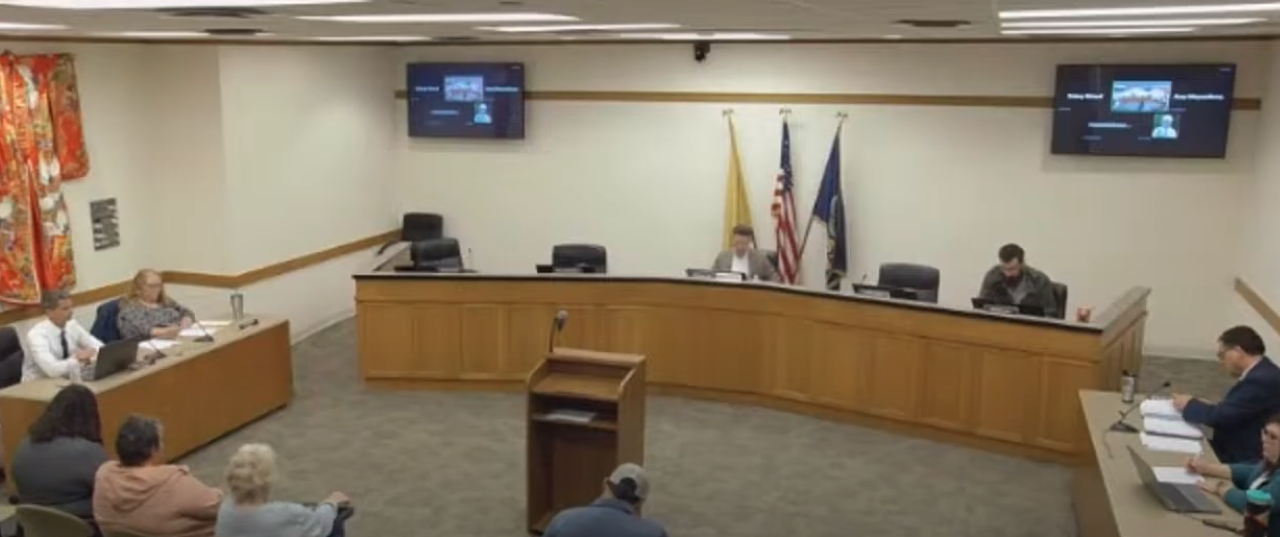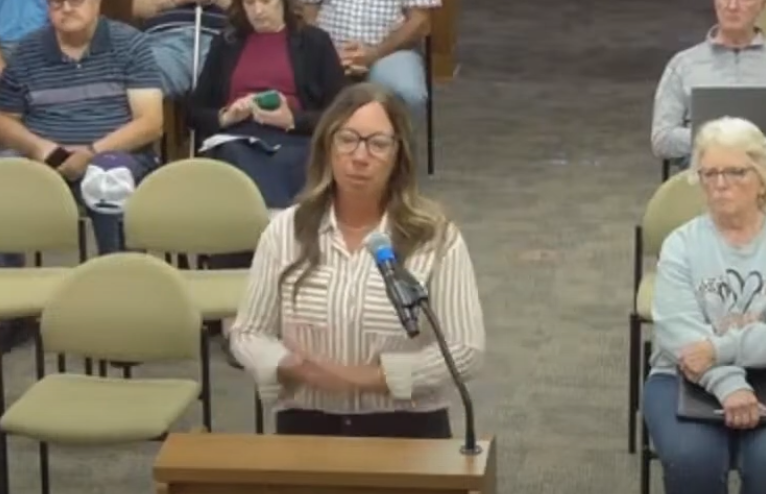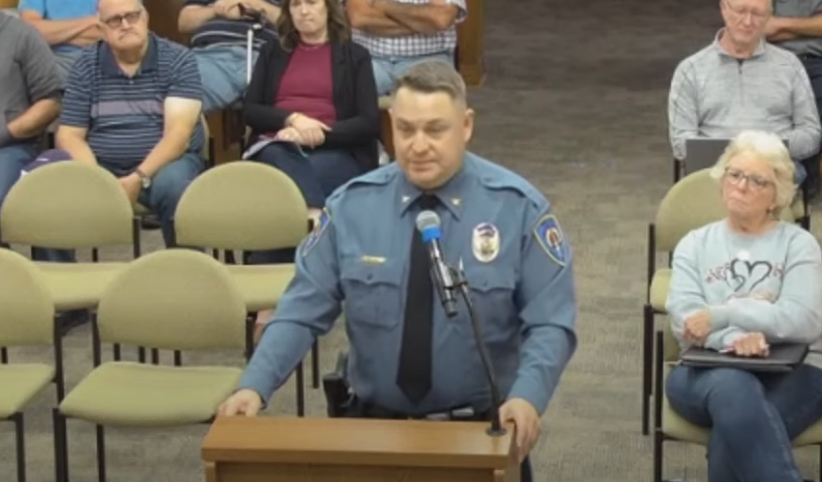Abilene City Commission to Address Budget Crisis, Infrastructure Failures at Monday Meeting

Budget Crisis Forces Tough Choices as City Seeks Tax Increase
The City Commission will present its proposed 2026 budget requiring significant tax increases and painful cuts. The budget proposes raising the mill levy to 47.537 mills (from the current revenue neutral rate of 43.515), representing a substantial tax increase for residents. To balance the books, the city is implementing workforce reductions, eliminating employee pay raises, cutting funding to outside organizations, and deferring all non-essential capital investments. The budget reflects years of structural deficits that have depleted reserves below policy levels.
Major Infrastructure Project Faces Scope Reduction Debate
Commissioners will decide whether to proceed with the full $1.36 million Buckeye Avenue reconstruction project or scale it back to a basic $880,000 mill-and-overlay operation. The city has already issued $2.145 million in bonds for the project and spent significant funds on engineering. KDOT has warned that reducing the scope could hurt Abilene's competitiveness for future grants, as cities that scale back their local commitments are viewed less favorably.
Utility Rate Crisis: Water System Operating at Major Loss
The water utility faces a financial emergency, with production costs now exceeding $5.47 per 1,000 gallons while residential customers pay only $4.47. Most striking is the disparity with Rural Water District 2, which pays just $1.80 per 1,000 gallons—less than one-third of production cost—while using 20% of the water but contributing only 3% of revenue. Without rate adjustments, the utility will continue hemorrhaging money, threatening service reliability.
Aging Infrastructure Puts Critical Systems at Risk
The city will consider applying for state loans to replace obsolete computer control systems at both the water treatment plant and wastewater facility. The current systems use discontinued equipment that's no longer supported by manufacturers, creating risks of extended outages that could affect drinking water safety and environmental compliance.
Drainage Dispute May Cost City Hundreds of Thousands
Despite legal precedent suggesting no municipal liability, commissioners are considering spending significant public funds to address flooding issues created by a private mini-storage business. The city is weighing costly drainage projects including detention basins and underground storm systems to help affected neighbors.


